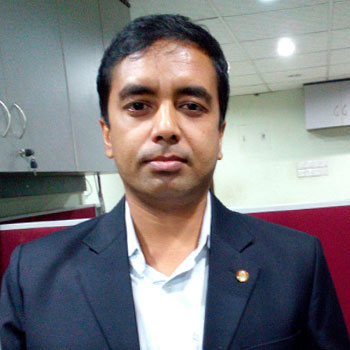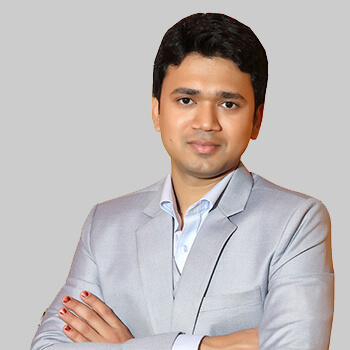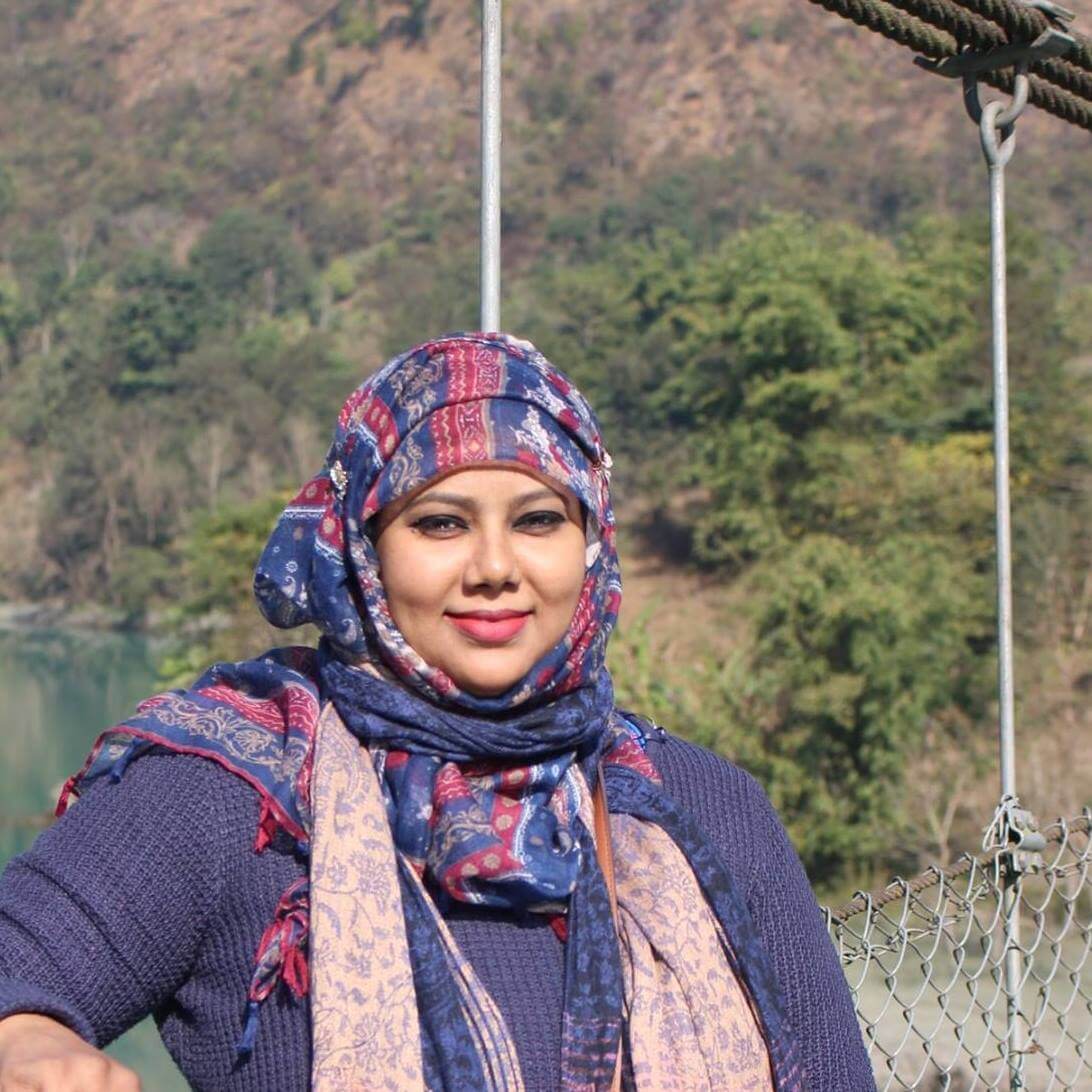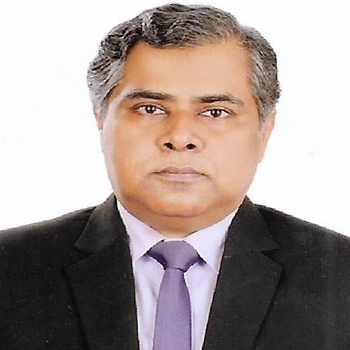Global foot print
The current multi-dimensional Bangladesh MOHFW’s national COVID-19 data capture, processing, and sharing with real time practical use is a demonstration of our ability to create and maintain a robust data system. These brighter examples, mentioned above, helped HISP-Bangladesh Foundation, to keep its footprints in multiple countries like Maldives, Timor-Leste. in collaboration with WHO, UNICEF, Global Fund, GAVI, ADB and GIZ.
Maldives and Timor-Leste are small island countries, and their problems are unique featuring geographic isolation. The solutions and experiences in these countries for integrated health information system development and support and vast and long successful experience in Bangladesh with specialized immunization tracking system (both physical and individual tracker) can be unbelievably valuable for implementing project of any size, type, depth, and complexities.







